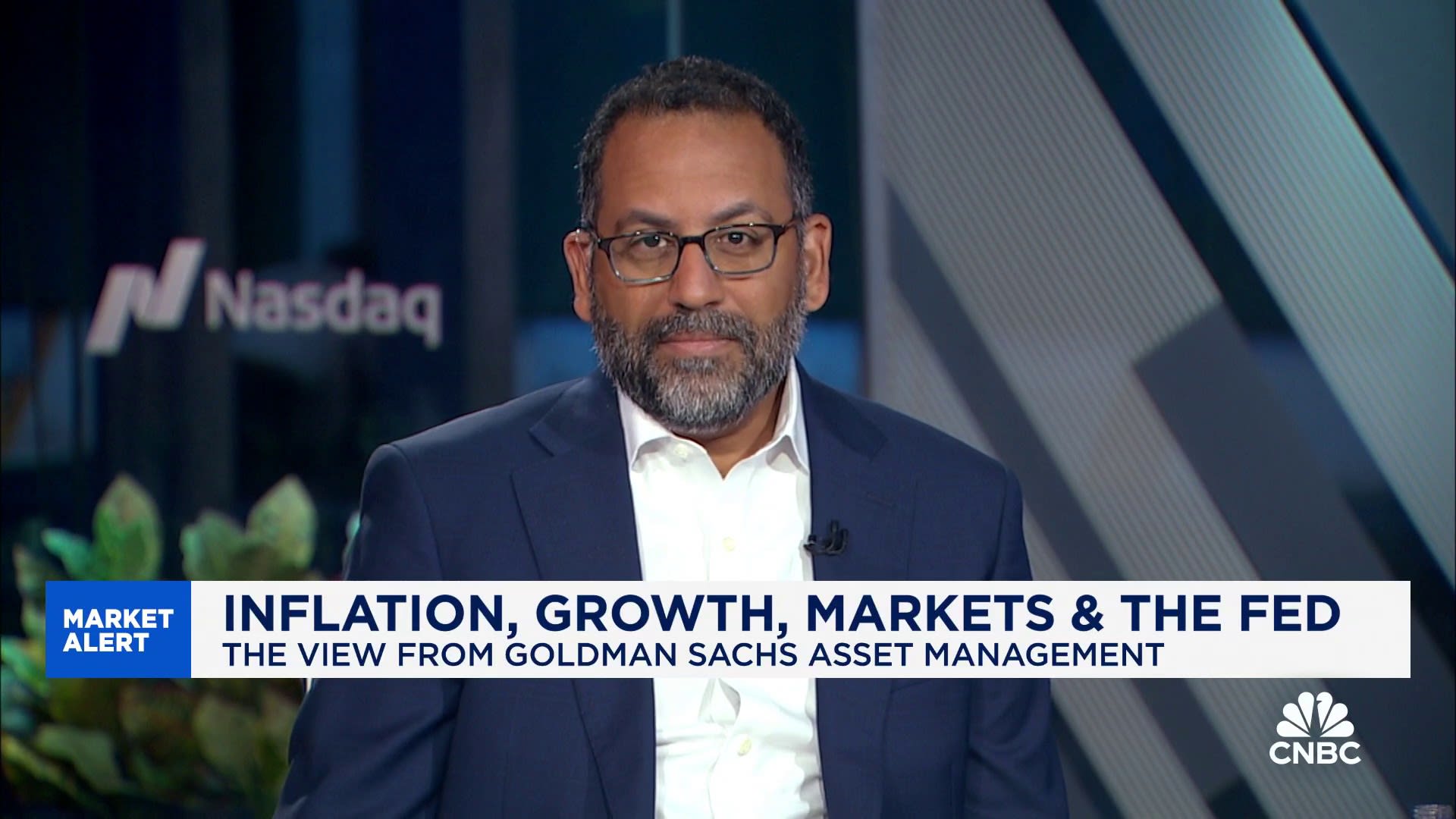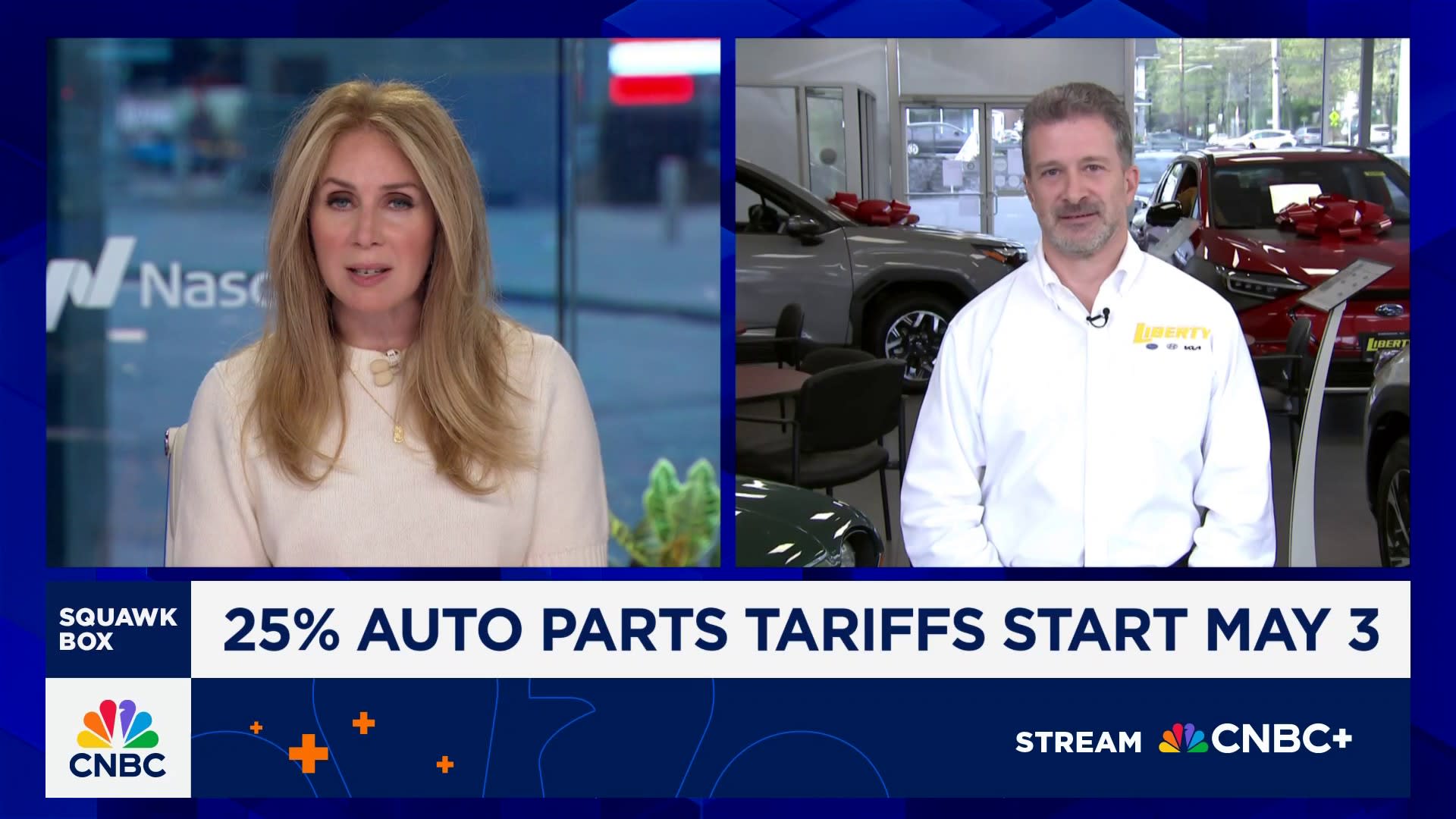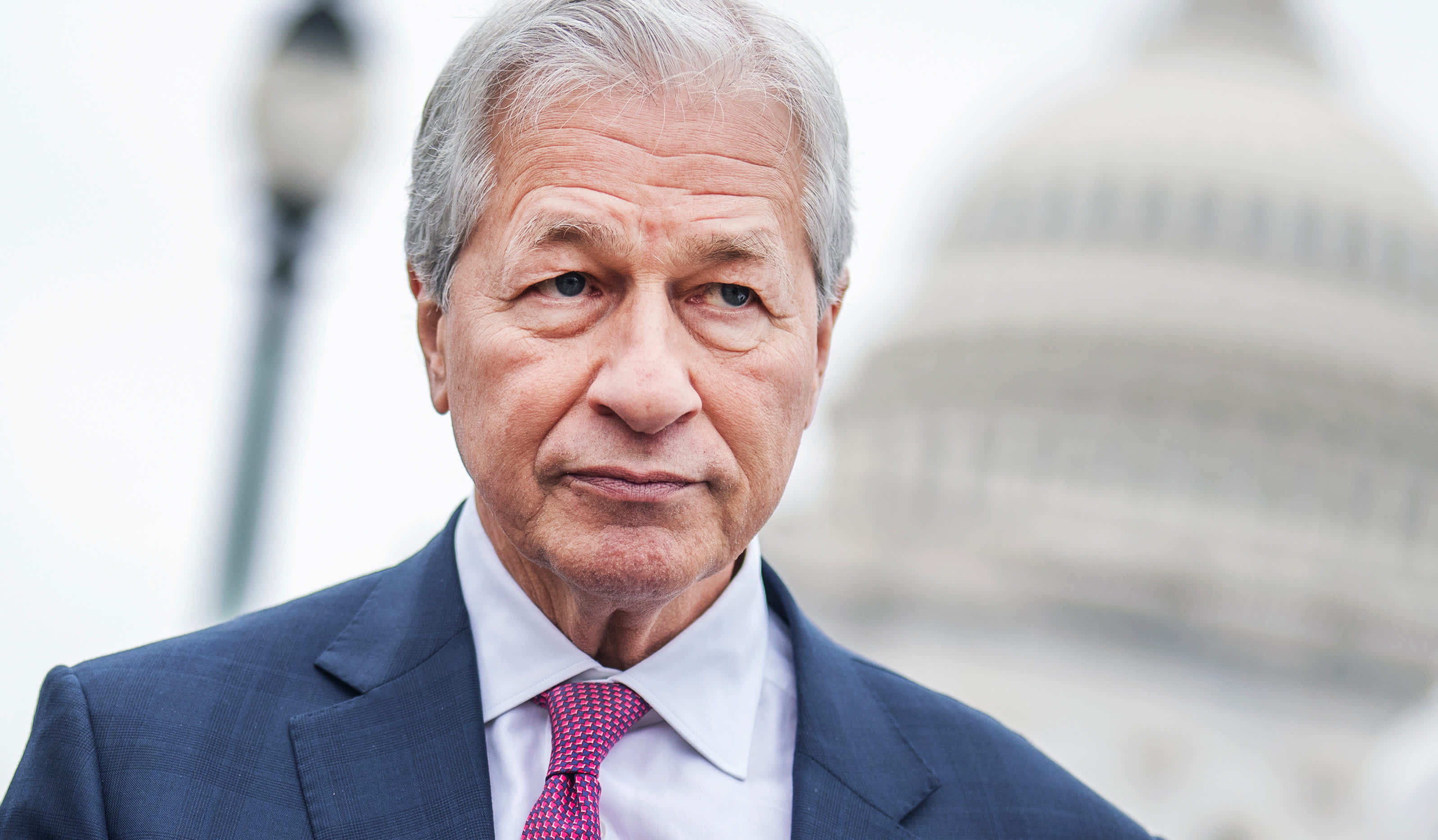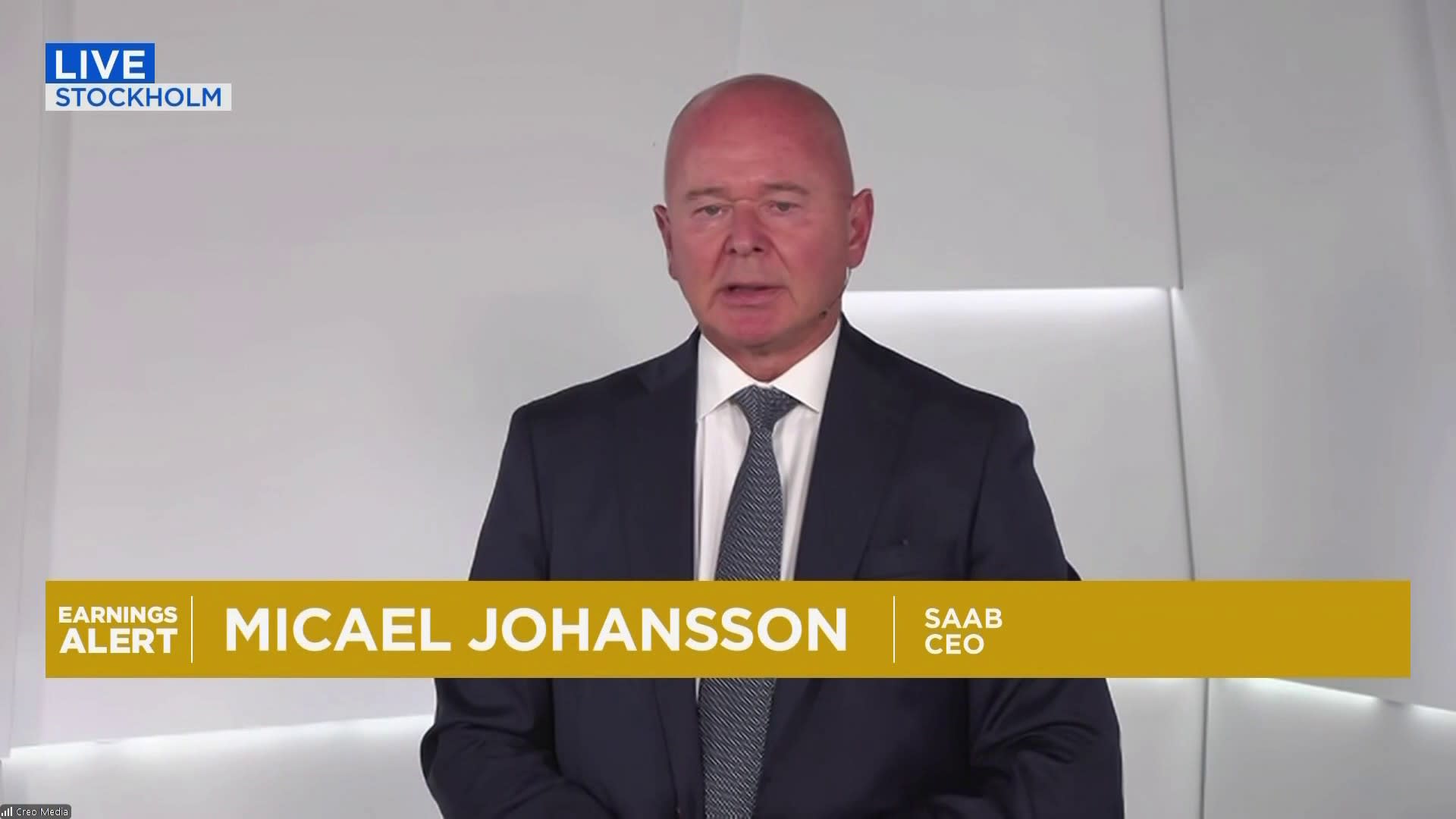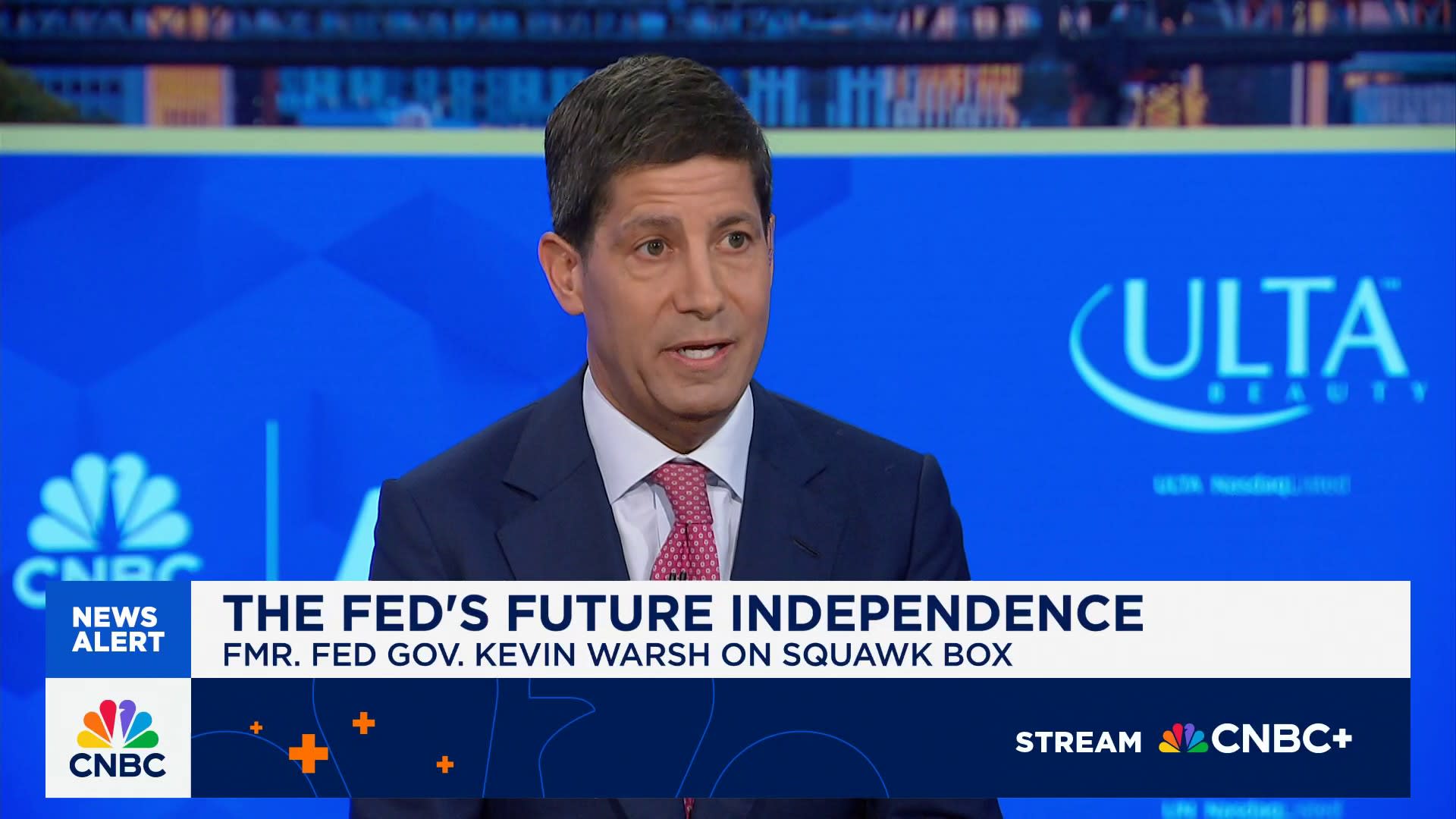The Senate Judiciary Committee convened on Tuesday for a hearing on the alleged Visa–Mastercard “duopoly,” which committee members from both sides of the aisle say has left retailers and other small businesses with no ability to negotiate interchange fees on credit card transactions.
“This is an odd grouping. The most conservative and the most liberal members happen to agree that we have to do something about this situation,” committee chair and Democratic Illinois Sen. Dick Durbin said.
Interchange fees, also known as swipe fees, are paid from a merchant’s bank account to the cardholder’s bank, whenever a customer uses a credit card in a retail purchase. Visa and Mastercard have a combined market cap of more than $1 trillion, and control 80% of the market.
“In 2023 alone, Visa and Mastercard charged merchants more than $100 billion in credit card fees, mostly in the form of interchange fees,” Durbin told the committee.
Durbin, along with Republican Kansas Sen. Roger Marshall, have co-sponsored the bipartisan Credit Card Competition Act, which takes aim at Visa and Mastercard’s market dominance by requiring banks with more than $100 billion in assets to offer at least one other payment network on their cards, besides Visa and Mastercard.
“This way, small businesses would finally have a real choice: they can route credit card transactions on the Visa or Mastercard network and continue to pay interchange fees that often rank as their second or biggest expense, or they could select a lower cost alternative,” Durbin told the committee.
Visa and Mastercard, however, stand by their swipe fees.
“We consider them incentives, some people might consider them penalties. But if you can adopt new technology that reduces the risk and takes fraud out of the system and improves streamlined processing, then you would qualify for lower interchange rates,” said Bill Sheedy, senior advisor to Visa CEO Ryan McInerney. “It’s very expensive to issue a product and to provide payment guarantee and online customer service, zero liability. All of those things, and many more, senator, get factored into interchange [fees].”
The executives also warned against the Credit Card Competition Act, with Sheedy claiming that it “would remove consumer control over their own payment decisions, reduce competition, impose technology sharing mandates and pick winners and losers by favoring certain competitors over others.”
“Why do we know this? Because we’ve seen it before,” Mastercard President of Americas Linda Kirkpatrick said, in reference to the Durbin amendment to the 2010 Dodd-Frank Act, which required the Fed to limit fees on retailers for transactions using debit cards. “Since debit regulation took hold, debit rewards were eliminated, fees went up, access to capital diminished, and competition was stifled.”
But the current high credit card swipe fees for retailers translate to higher prices for consumers, the National Retail Federation told the committee in a letter ahead of the hearing. The Credit Card Competition Act, the retail industry’s largest trade association wrote, will deliver “fairness and transparency to the payment system and relief to American business and consumers.”
“When we think of consumer spending, credit card swipe fees are not the first thing that comes to mind, yet those fees are a surprisingly large part of consumer spending,” Notre Dame University law professor Roger Alford said. “Last year, the average American spent $1,100 in swipe fees, more than they spent on pets, coffee or alcohol.”
Visa and Mastercard agreed to a $30 billion settlement in March meant to reduce their swipe fees by four basis points for three years, but a federal judge rejected the settlement in June, saying they could afford to pay more.
Visa is also battling a Justice Department lawsuit filed in September. The payment network is accused of maintaining an illegal monopoly over debit card payment networks, which has affected “the price of nearly everything,” according to Attorney General Merrick Garland.
